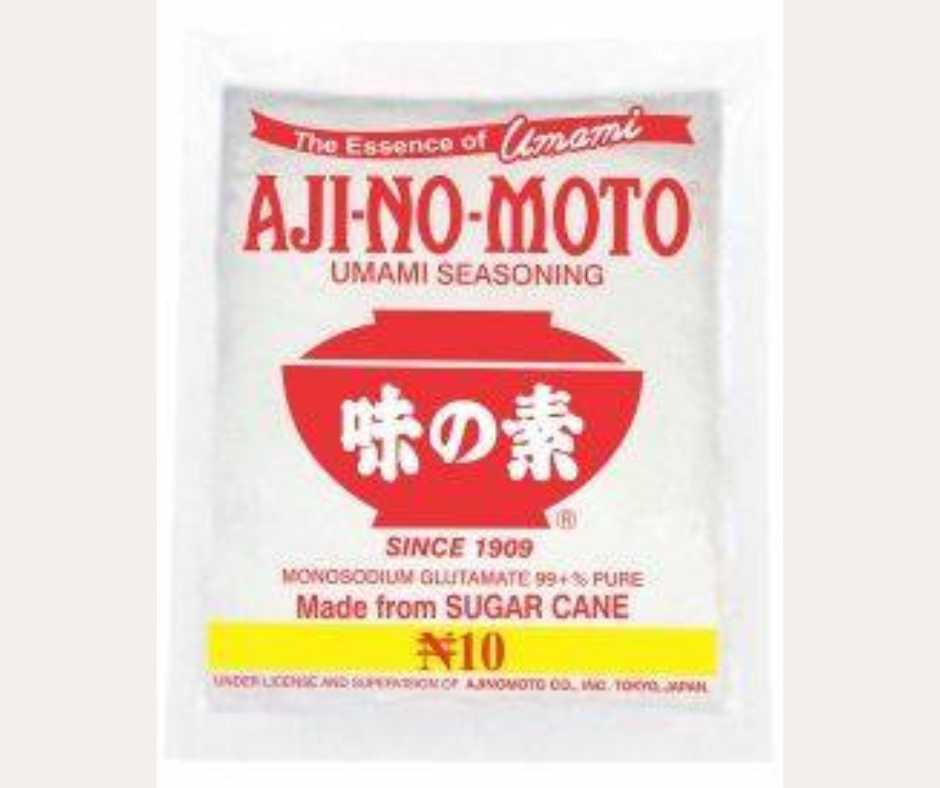On this day in 1908:
Ajinomoto Co. was founded as a subsidiary of Suzuki Pharmaceutical Co. Ltd following the discovery of monosodium glutamate by Dr Kikunae Ikeda as a key ingredient in Kombu soup.
In 1907 Dr. Kikunae Ikeda, a chemist at the Tokyo Imperial University started developing a seasoning. He then discovered that monosodium glutamate was the source of a flavour from Kombu seaweed, an edible kelp mostly from the family Laminariaceae that is widely eaten in East Asia.
Ikeda named the flavour “umami” and isolated glutamate from a broth of dried Konbu kelp. In July 1908, he got a patent for monosodium glutamate. Two months later, he was approached by Mr. Saburosuke Suzuki II, the founder of Suzuki Pharmaceutical Co. Ltd to become part owner of the patent.
Production started at S. Suzuki Pharmaceutical Co.’s Zushi factory in December 1908 and in April 1909, Ajinomoto presented Ikeda’s seasoning under the brand name AJI-NO-MOTO at a new product exhibition event in Tokyo.
The product was introduced to the market the next month and sold primarily to housewives by using their trademark – a housewife in an apron – in newspaper advertisements, on signboards, and on ground stamps.
The product was widely received and by 1917 the company ventured into its first overseas market in New York. They started advertising Ajinomoto on TV in 1954 and subsequently established subsidiaries all over the world, including India, Nigeria, China, Peru, Malaysia, Thailand, Philippines, and Brazil.










